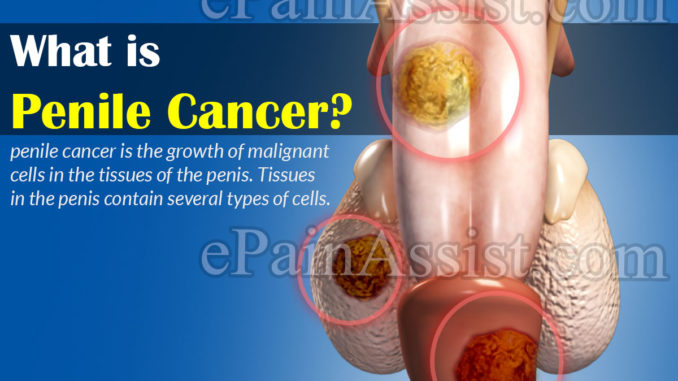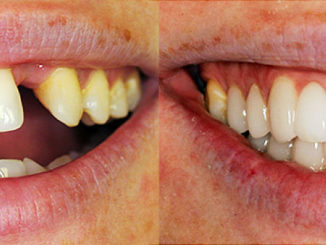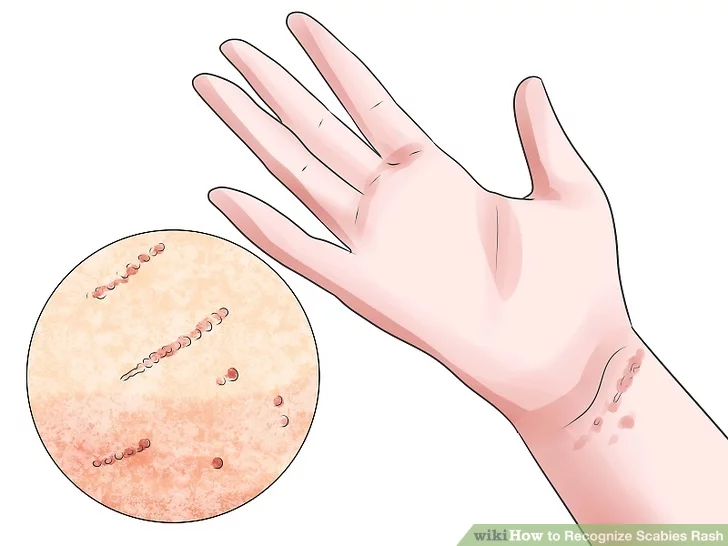
The word ‘cancer’ is frightening to anyone. There are very few people who haven’t been touched by cancer in one way or another. Many men worry about developing cancer, and the thought of penis cancer is especially terrifying. Often a man will practice his everyday penis care and find a new bump, lesion or area of redness – and that’s all it takes to send him into a spiral of worry.
The good news is that every penis bump is not cancer; in fact, penis cancer is quite rare. Any strange finding on the penis usually means something benign that will go away soon, or at the worst, it’s something that needs to be checked out by the doctor and treated with certain medications. Yet even with the knowledge that penis cancer is incredibly rare, men still worry about it quite a bit.
Symptoms of penis cancer
One of the reasons so many men are scared of penis cancer is that the symptoms can mimic many other issues. Penis bumps, irritation, swelling, redness and similar issues are often the first sign of penis cancer. Penis pain might also be a sign, especially if it is a dull ache that doesn’t go away after rest from masturbation or other activities.
However, the good news is that most of those issues will vanish within a day or so, or a man’s doctor can give him a very straightforward and easy explanation for what’s going on. A man with any of these symptoms should always get checked out, not just for peace of mind, but for prompt treatment of whatever might be causing the symptoms.
There are a few risk factors that might increase the chances of a man developing penis cancer. These include:
1. Smoking
2. Having an uncircumcised penis
3. Poor personal hygiene
4. Previous issues with phimosis
5. An HPV infection
6. A family history of cancer, especially cancer of the penis.
Diagnosis and treatment
In the very rare event that the doctor suspects something more serious than a benign redness or another issue, a tissue sample will be taken. This biopsy will help the doctor determine if there are any malignant cells growing in the penis tissue.
Depending upon what the biopsy says, the next steps might include surgery, radiation, chemotherapy and other methods of eradicating the malignant cells. Treatment is very individualized, so a man who has to deal with penis cancer will need to speak with his physician to get an accurate picture of what to expect.
Prevention
It is impossible to guarantee prevention of cancer, but there are a few things a man can do to reduce his risk. Always practicing good personal hygiene, stopping smoking, eating healthy foods and drinking plenty of water are a few things that can help with overall health. Using barrier protection during sexual encounters with a new partner can also provide peace of mind against HPV, while cutting of the foreskin might be an option for those with a family history of penis cancer.
On a day-to-day basis, a man should inspect his penis regularly and use a powerful penis health crème (health professionals recommend Man 1 Man Oil, which is clinically proven mild and safe for skin). A good crème will contain nutrients and vitamins designed to help protect and improve penis skin. Look for a crème with vitamin B5, which helps maintain healthy tissue, and alpha-lipoic acid, which helps combat free radicals that can cause cellular damage. Other vitamins, such as vitamin C, D and E, can also help keep the skin healthy. All this in a Shea butter base ensures the best topical application and thorough hydration for the healthiest penis skin.
Proudly WWW.PONIREVO.COM
by John Dugan



